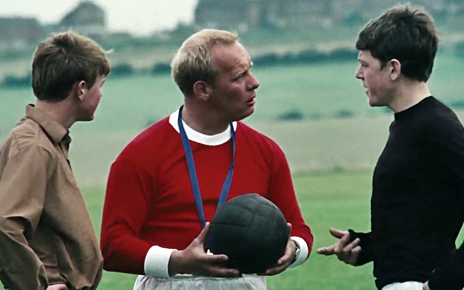Yes, we do eye tests!
Yes, our prices are reasonable!
One of the disadvantages of having a pretty cool looking store is that people can get the idea we might just sell specs and not do eye tests. Maybe our relaxed dress code plays into that too – but, wearing shorts during this lovely summer has been great. Boots put their optometrists in awful white smocks to make them seem more clinical. I reckon giving the clinicians a bit longer to do their eye tests would have been a better move.
Someone yesterday said they’d come back to get their specs after going to Specsavers for an eye test. We had a conversation about their experience last time – waiting – passing form person to person – upselling etc. And, then discussed how we try to do it – 1 hour apart, up-front pricing – personalised. We also pointed out that most opticians doing 20+ eye tests a day are not too cheerful either – it is stressful!
With regard to pricing, we are reasonable. You can get cheaper, but seldom does the price advertised elsewhere end up being the final price. Knowing the price at the start, not the end is a good principle we like to stick to. Also, not having the horrible global designer brands means better value for money. You can get a lot more expensive than us, both at multiples and independents. We try to sit in the middle.
We should have an A-board soon – made in Sheffield from reclaimed wood and it will say we do eye tests.


